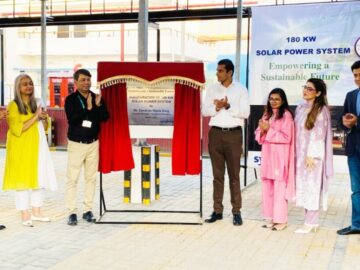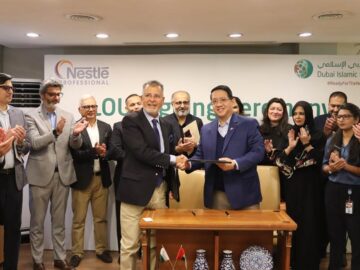The Sindh Investment Department has established the Doing Business Reforms Implementation Unit in an effort to improve and undertake further reforms to facilitate the launch and running of businesses in the province.
The dedicated unit will coordinate with all related government functionaries, private-sector organisations and other business stakeholders so that anyone who wants to start or run a business in Sindh can easily get licence, permits and other relevant permissions.
The Sindh government, in cooperation with the World Bank, has already been actively working on the ease of doing business reforms programme. Owing to the World Bank-assisted doing business reforms programme in all provinces, Pakistan has got its ranking improved on the Ease of Doing Business Index this year.
Sindh Chief Minister Syed Murad Ali Shah is keen to improve the business environment and the Sindh Doing Business Reforms Council has already been working in this regard.
“In Pakistan, businesspersons need 17 to 18 licences before opening an enterprise,” remarked economist Muzammil Aslam. “For a business, a plethora of authorisations from the labour department, Employees Old-age Benefit Institution, revenue department and Building Control Authority will be required.”
Besides these certificates, getting water, electricity and sewerage connections was also a headache, he said.
The integration of all these functions could be called ease of doing business, where Pakistan recently improved a great deal but a lot more needed to be done, according to the economist. “The government can introduce one-window operation for these permits and licences,” he suggested.
This year, Pakistan has improved 28 spots on the World Bank’s Ease of Doing Business Index. The country carried out reforms that helped improve its ranking from 136 to 108 among 190 countries.










